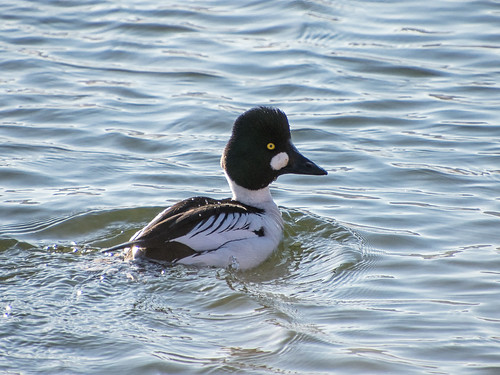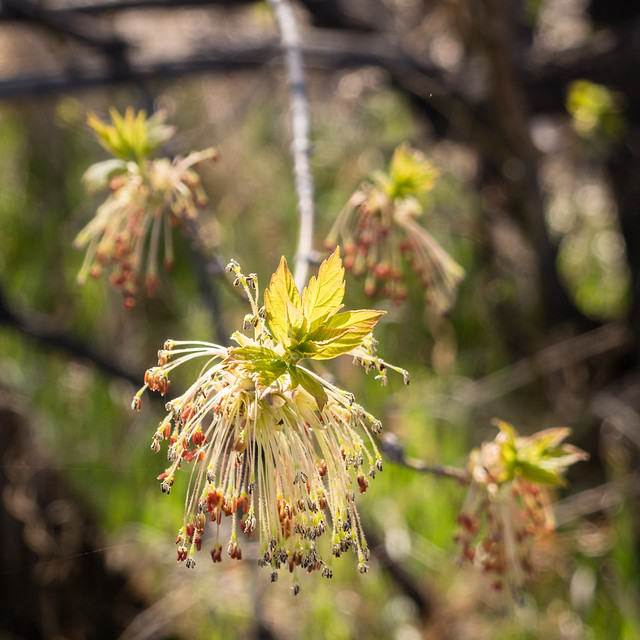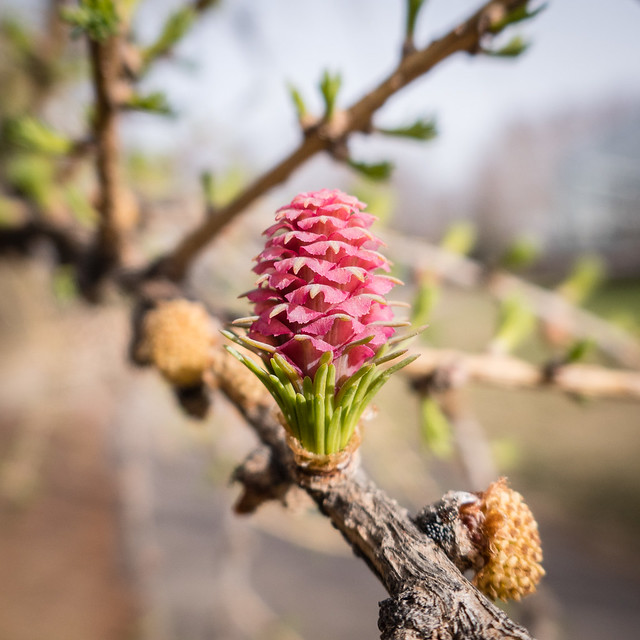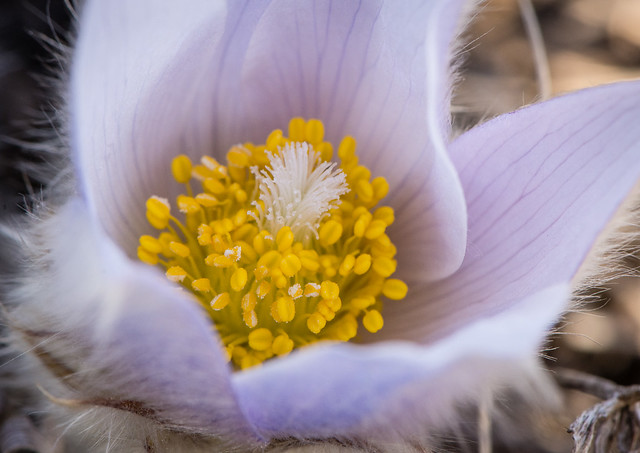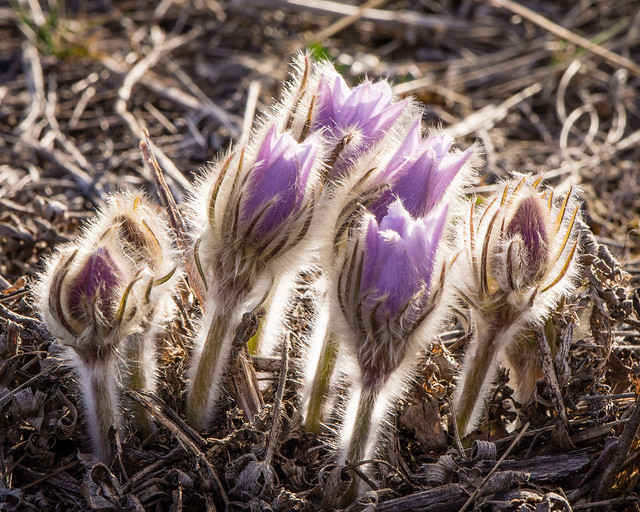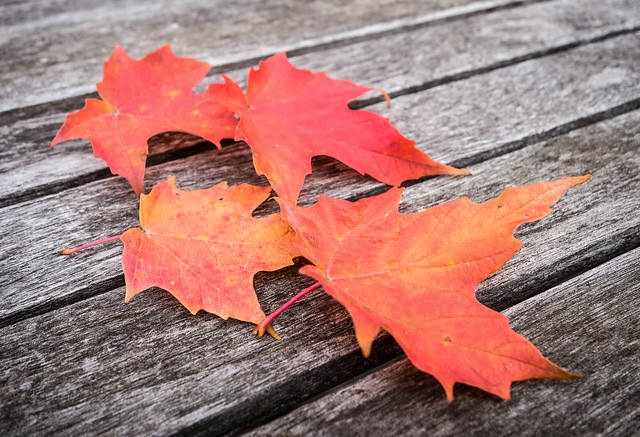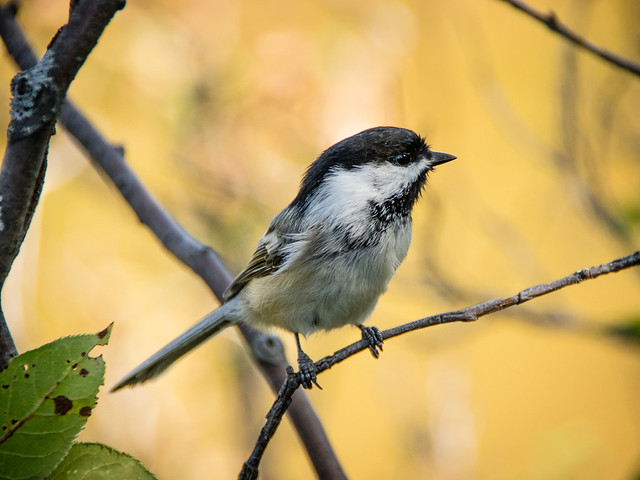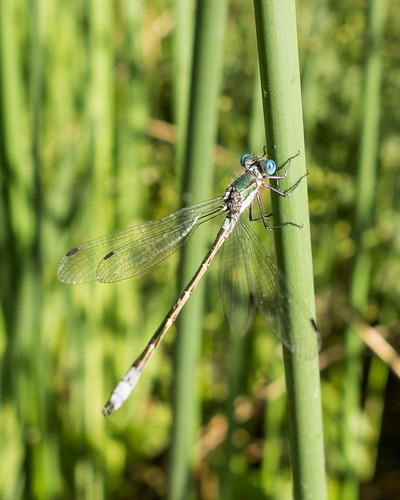“I’ve always had an underlying interest in the environment,” says Justin Fisher, “but I thought of environmental issues as being science-based and technical and I’m more on the humanities side.” Justin’s perspective shifted when he moved to the United Kingdom to work on his Master’s and took a course in environmental history. “Environmental history is about how we understand ourselves in relation to the environment,” Justin says. “It helped me realize that people with an interest in history, research, and writing could contribute to the environmental movement and I looked for more ways to get involved when I moved back to Saskatoon.”
Environmental history focuses on the interrelationships between humans and nature. It’s a two-way relationship with human actions impacting the environment while also being shaped by it. “At its best,” Justin says, “I think it actually forces us to break down the fundamental distinction between humans and nature." The study of environmental history emerged from the environmental movement in the United States in the ‘60s and ‘70s. Issues such as rampant pesticide use and the green revolution started to affect how some historians were thinking about people and the environment and represented an attempt to push back against the common belief of a linear progression in human history. “It’s a growing discipline with sub-fields and interdisciplinary work and also lots of young scholars,” Justin says. “I also know I’m not alone in continuing on this path because of twin interests in academics and activism.”
Environmental history is a strong point of the University of Saskatchewan’s History Department these days. Professor Andrew Watson is exploring histories of energy, agriculture, and sustainability, while Geoff Cunfer specializes in the sustainability of land use on the Great Plains, and Jim Clifford is looking at the intersections between environmental, social, and political history, with a particular focus on industrialization.
Justin’s academic interest in energy history, an emerging sub-field of environmental history, has been informed by his involvement in several fossil fuel divestment campaigns and he is an active member of Climate Justice Saskatoon. In 2017, Climate Justice Saskatoon undertook a major project to investigate the future of coal in Saskatchewan. They visited the mining communities of Estevan and Coronach where they held interviews and workshops with coal and service industry workers, union representatives, town administrators, and farmers. Their goal was to build bridges between urban environmental groups and coal-producing communities in Saskatchewan. The full report is available online.
Justin realized that fossil fuel production was an important part of these mining communities' identities. “Transitioning may feel like a threat to their history,” he explains. “How can we discuss transitioning to renewable energy while respecting that history?” Justin will be exploring this topic more deeply as he begins work on his PhD research into the history of fossil fuels in Saskatchewan.
“The transition to fossil fuel dominance was relatively rapid,” Justin says. “From the ‘60s onwards, it has become the province’s predominant industry. I want to look at how that has affected not only the environment but also labour, land use, and governance. I’m interested in the ‘energy crisis’ period in the ‘70s and ‘80s when energy prices rose and there was a lot of research into alternate energy sources and energy efficiency. Why didn’t it translate into action? What can we learn from that experience as we try to expand our use of renewable energy?”
Justin will be exploring the topic through the lens of a just transition. “Fossil fuel extraction and use has had a diverse and uneven impact. There are costs and benefits that get distributed within society,” Justin says. “There are important questions to ask. How have fossil fuels factored into rural depopulation and urbanization? The provincial government is largely funded by fossil fuel interests. How does that affect how the province has been run over the last few decades?”
Justin represents new scholars on the executive committee of NiCHE, the Network in Canadian History & Environment, a group of scholars and researchers who are trying to make their work more accessible and relevant to the general public. Their website includes a blog and podcast and delves into a wide variety of topics ranging from an article on black birds, black lives, and the unfinished work of queer ecologies to second homes during a time of crisis.
If you are interested in becoming involved in the environmental movement in Saskatoon, Justin encourages you to check out existing groups such as Climate Justice Saskatoon, the Saskatoon Youth Climate Committee, the Saskatchewan Environmental Society, and/or The Stand - Community Organizing Centre.
Reading List
Justin suggests the following books may be of interest to local environmentalists:
Wet Prairie: People, Land, and Water in Agricultural Manitoba, Shannon Stunden Bower (2011)
States of Nature: Conserving Canada's Wildlife in the Twentieth Century, Tina Loo (2006)
Forest Prairie Edge: Place History in Saskatchewan, Merle Massie (2014)
Inventing Stanley Park: An Environmental History, Sean Kheraj (2013)
The War on Weeds in the Prairie West: An Environmental History, Clinton L. Evans (2002)
Photo Credit
Mine tour in Coronach, Rachel Malena-Chan
You can follow EcoFriendly Sask by liking us on Facebook, following us on Twitter, or by email (top right corner).












